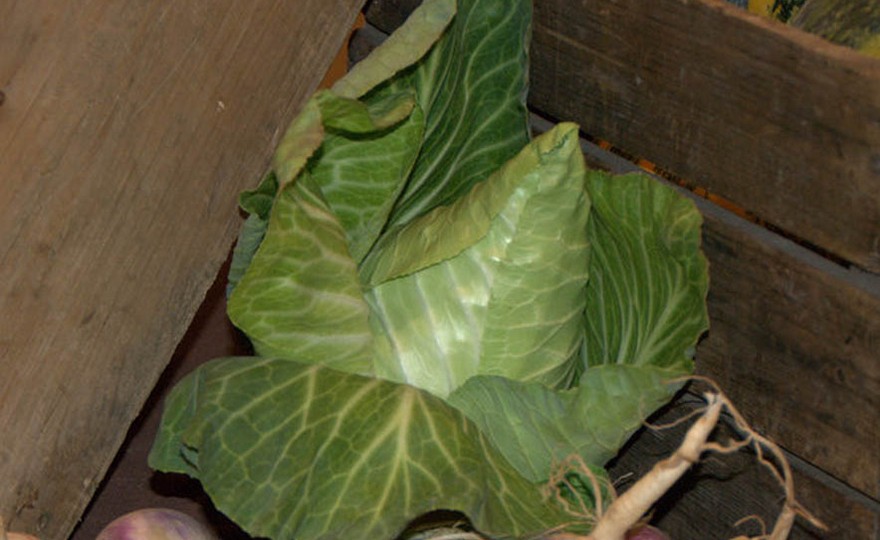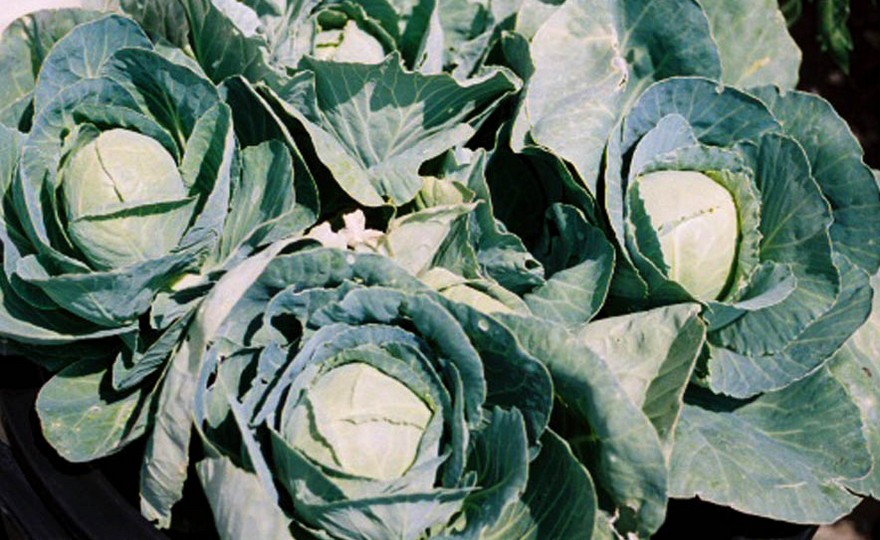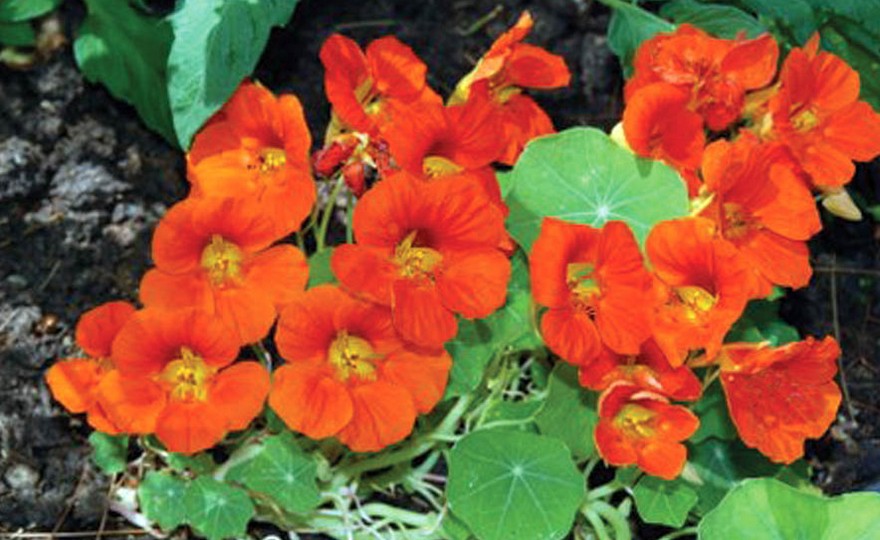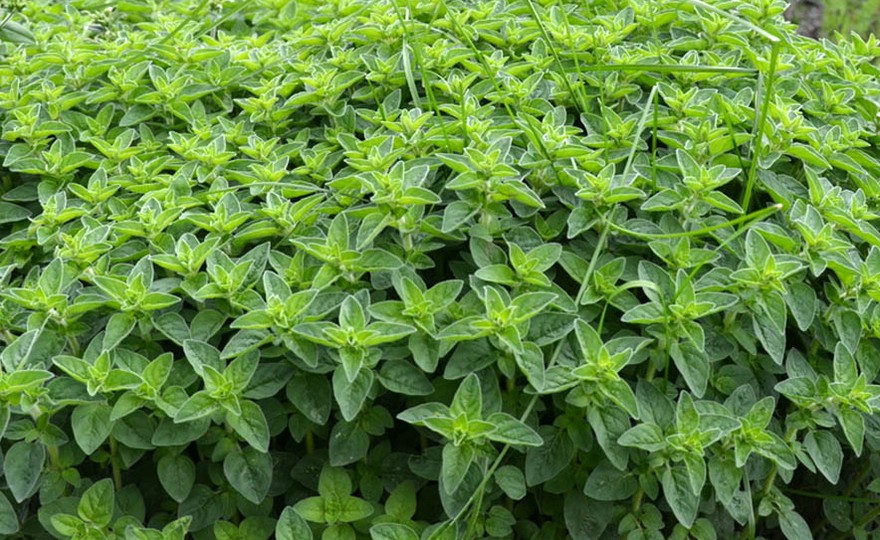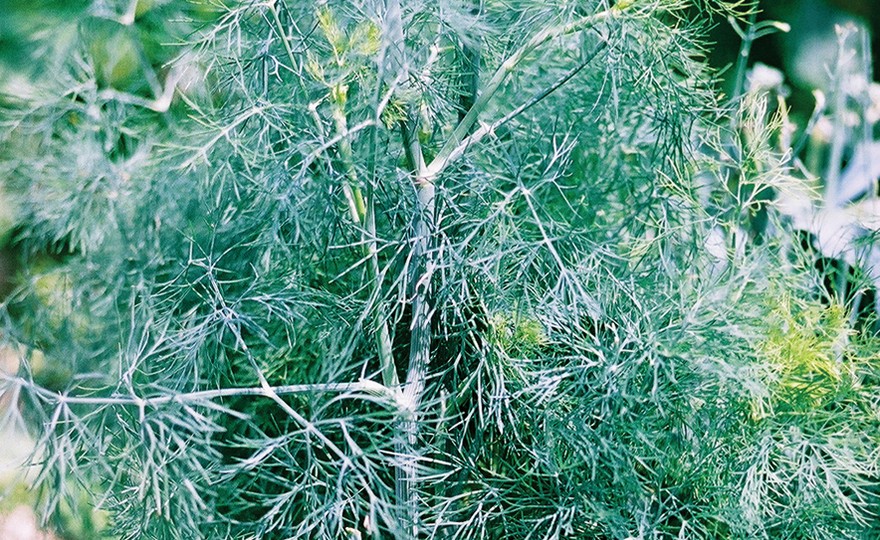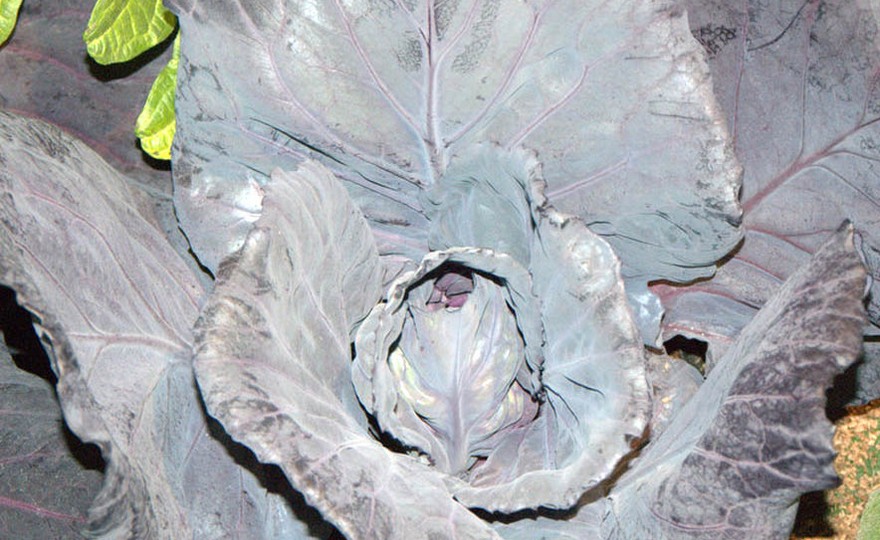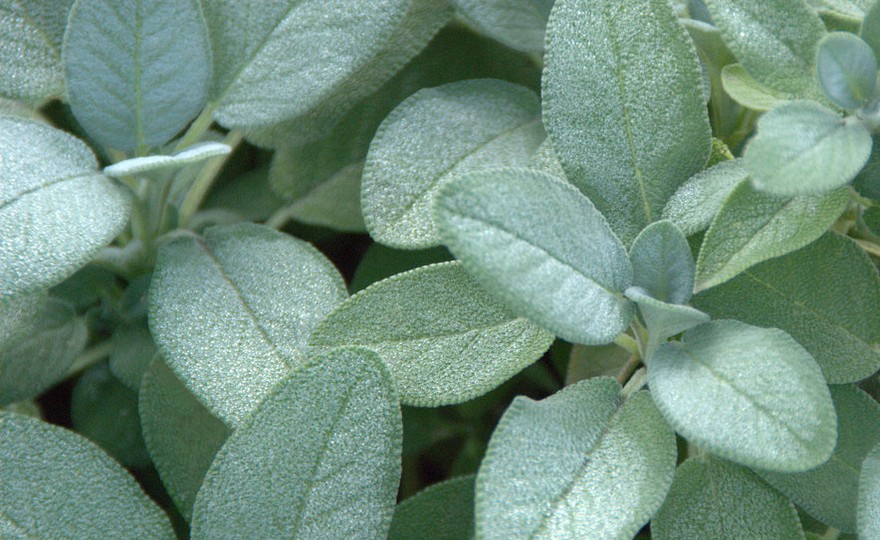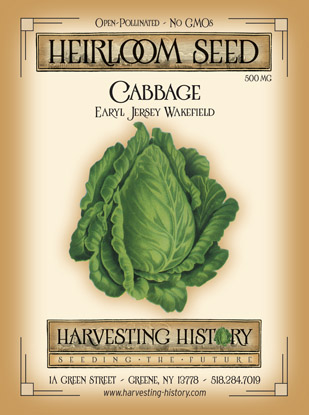
Cabbage, Early Jersey Wakefield
-
- **SOLD OUT** HOLIDAY GIFTS **SOLD OUT**
- **SOLD OUT** Holiday Books **SOLD OUT**
- **SOLD OUT** Holiday Citrus **SOLD OUT**
- **SOLD OUT** Holiday Gift Certificates **SOLD OUT**
- **SOLD OUT** Holiday Paperwhites **SOLD OUT**
- **SOLD OUT** Holiday Praying Mantis Kits **SOLD OUT**
- **SOLD OUT** Holiday Tools **SOLD OUT**
- **SOLD OUT** Holiday Wildflower Mixtures **SOLD OUT**
- Citrus Trees
- **SOLD OUT** - Vegetable and Herb Plants - Mix & Match any 6 Plants for $50 - Only Shipped in Quantities of 6
- Elephant Ear Plants & Roots
- **SOLD OUT** 4-Inch Pot Herb Plants **SOLD OUT**
- Rare Plants
- **SOLD OUT** Vining Plants **SOLD OUT**
- Asian Seeds
- Beneficial Bugs
- Books
- Citrus Fertilizers
- Cold-Treated Bulbs - SEE BULBS FOR FALL PLANTING TO ORDER
- Cold-Treated Allium
- Cold-Treated Chionodoxa
- Cold-Treated Crocus
- Cold-Treated Hyacinthoides
- Cold-Treated Hyacinthus Orientalis
- Cold-Treated Narcissus
- Cold-Treated Cyclamineus Narcissus
- Cold-Treated Double Heirloom Narcissus
- Cold-Treated Jonquilla Narcissus
- Cold-Treated Large Cupped Narcissus
- Cold-Treated Poeticus Narcissus
- Cold-Treated Small Cupped Narcissus
- Cold-Treated Species Miniature Narcissus
- Cold-Treated Split Cupped Narcissus
- Cold-Treated Tazetta Narcissus
- Cold-Treated Triandus Narcissus
- Cold-Treated Trumpet Daffodils
- Cold-Treated Ornithogalum
- Cold-Treated Rock Garden Iris
- Cold-Treated Scilla
- Cold-Treated Tulips
- Cold-Treated Emperor Tulips
- Cold-Treated Fringed Tulips
- Cold-Treated Green or Viridiflora Tulips
- Cold-Treated Lily Flowering Tulips
- Cold-Treated Parrot Tulips
- Cold-Treated Peony Flowering Tulips
- Cold-Treated Single Early Tulips
- Cold-Treated Single Late Tulips
- Cold-Treated Species Tulips
- Cold-Treated Triumph Tulips
- Flower Bulbs, Corms and Tubers
- Bulbs for Spring Planting
- Bulbs for Fall Planting - ALL BULBS AVAILABLE ARE COLD TREATED FOR PLANTING AS SOON AS SOIL CAN BE WORKED
- Fall Blooming Bulbs
- Garden Tools & Equipment
- Gift Certificates
- HHH Exclusive Wildflower Mixtures
- Wildflower Mixtures
- Heirloom Garlic
- Potatoes
- Roots & Sets
- Seeds
- Flowers
- Herbs
- Vegetables
- **SOLD OUT** HOLIDAY GIFTS **SOLD OUT**
-
- No products to compare
-
74 in stock
Quick Overview
CABBAGE, Early Jersey Wakefield –
Brassica oleracea var. capitata
FULL SUN Native to the Middle East, Europe and parts of Asia, cabbage has been cultivated for thousands of years and prized by civilizations because of its long winter keeping qualities. Cabbages were brought to America with the earliest pilgrims. Early Jersey Wakefield, introduced in the 1840s, is an outstanding early cabbage producing small, pointed heads. Heads weigh 2-4 lb. Excellent short-season cabbage.
Early Jersey Wakefield can be sown in the early spring for a summer crop and in early summer for a fall crop. In the spring, plant as soon as the ground can be worked. Soil should be deeply spaded before planting. Rows should be 18 in. apart. Plants can also be started indoors 3-4 weeks before the last frost date.
When seedlings are 5 in. high, thin, leaving 12 in. between plants. This variety can be planted more densly than other cabbages.
| Type | Spacing | Planting Depth | Days to Germination | Maturity |
| Cabbage | 12 in. | 1 in. | 10-14 | 75 |

Cabbage, Early Jersey Wakefield
The Cabbage family from which developed broccoli, cauliflowers, Brussels sprouts, collards, kale, kohlrabi, turnips and rutabaga is one of the most ancient vegetable families known to man. The ability of brassica to mutate into so many interesting, if not bizarre, forms may be unique in the plant or animal kingdom. Modern day head-forming cabbages developed from a wild, loose-headed cabbage believed to be similar to our savoy cabbages. Cultivation of the wild cabbage began many thousands of years ago in the Middle East and spread east into Asia and west into Europe at about the same time. The smooth, tight-headed cabbages that are popular today are a relatively recent development. The Romans, for example, probably did not grow the smooth varieties, but instead were familiar with a loose-headed, savoy-leaved type of cabbage. The red and purple varieties were developed and popularized in Europe around the 16th century. Cabbages are usually classified by the shape of their heads: round – Danish Ballhead, oval – Mammoth Red Rock, flat – Late Flat Dutch, pointed – Early Jersey Wakefield. Specific subvarieties are differentiated by color, keeping qualities and length of growing season.

